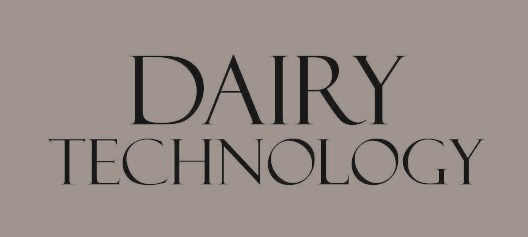Ph.D. in Dairy Technology: Introduction, Admission, Registration, Eligibility, Duration, Fees, Syllabus 2024

Introduction:
A Ph.D. in Dairy Technology is tailored for those looking to lead research and development within the dairy sector. It encompasses the study of advanced dairy processing techniques, the creation of novel dairy products, and the application of new technologies to solve problems in dairy production and product quality.
Admission Process:
- Application Submission: Complete and submit a detailed online application form, providing personal and educational details.
- Transcripts: Provide transcripts from all undergraduate and postgraduate studies, demonstrating a strong academic record in relevant fields.
- Letters of Recommendation: Submit three to four letters of recommendation from academicians or industry professionals who can attest to your qualifications and potential in dairy technology research.
- Statement of Purpose: Write a comprehensive statement that details your research interests, professional goals, and motivations for pursuing a Ph.D. in Dairy Technology.
- Research Proposal: Some programs require a detailed research proposal to evaluate your research thinking and alignment with the faculty’s expertise.
- Interview: An interview with faculty members, possibly including a presentation on your past research or proposed study area.
Eligibility:
- Educational Background: A master’s degree in food science, dairy science, chemical engineering, or a closely related field.
- GPA: Typically, a minimum GPA of 3.0 or higher is required.
- Research Experience: Demonstrated experience or potential in research, particularly with a focus on dairy or food science.
- Technical Skills: Advanced skills in laboratory techniques, statistical analysis, and possibly experience with pilot-scale production.
- Language Skills: Proficiency in English, with TOEFL or IELTS scores required for non-native speakers.
Completion Time:
Completing a Ph.D. in Dairy Technology generally takes about 4-6 years, depending on the research project’s complexity, the student’s pace in completing the dissertation, and whether the enrollment is full-time or part-time.
Career Opportunities:
- Research and Development Scientist: Innovating and improving dairy product formulations and processing technologies.
- Academic Faculty: Teaching and conducting research at universities with strong food science or dairy science programs.
- Quality Control Manager: Overseeing the quality assurance of dairy processing plants.
- Technical Consultant: Providing expert advice on dairy technology to the dairy industry and related businesses.
- Policy Advisor: Shaping regulations and standards for dairy product quality and safety.
Syllabus:
- Advanced Dairy Chemistry: Study of the chemical properties of milk and its components.
- Dairy Processing Technology: In-depth exploration of processes like pasteurization, homogenization, and fermentation.
- Product Development: Techniques and principles for creating new dairy products.
- Sustainability in Dairy Production: Focus on reducing the environmental impact of dairy processes.
- Statistics and Research Methodology: Tools for designing experiments and analyzing data in dairy research.
Internship Opportunities:
- Corporate Internships: Hands-on experience in R&D departments of leading dairy companies.
- Research Internships: Collaboration on projects in academic or industrial labs, often with a focus on innovative technologies.
- International Exchange Programs: Opportunities to study or conduct research at international institutions specializing in dairy technology.
Scholarships and Grants:
- University Scholarships: Financial aid provided by academic institutions, covering tuition fees and offering stipends.
- Industry-Sponsored Scholarships: Scholarships funded by dairy companies to support research relevant to the industry’s needs.
- Research Grants: Funding from governmental or private organizations to support specific research projects or technologies.
- Conference Funding: Assistance for attending national and international conferences to present research findings.
FAQs:
What differentiates a Ph.D. in Dairy Technology from other food science Ph.D. programs?
This program focuses specifically on dairy product innovation, processing technologies, and improving industry practices.
Can I pursue this degree part-time?
Some institutions offer part-time enrollment options, allowing professionals to continue working while studying.
What are common research topics in Dairy Technology?
Topics often include developing novel dairy products, improving process efficiencies, and enhancing the nutritional value of dairy products.
What skills are crucial for success in this program?
Skills in research design, problem-solving, technical writing, and a strong foundational knowledge in dairy or food science.
